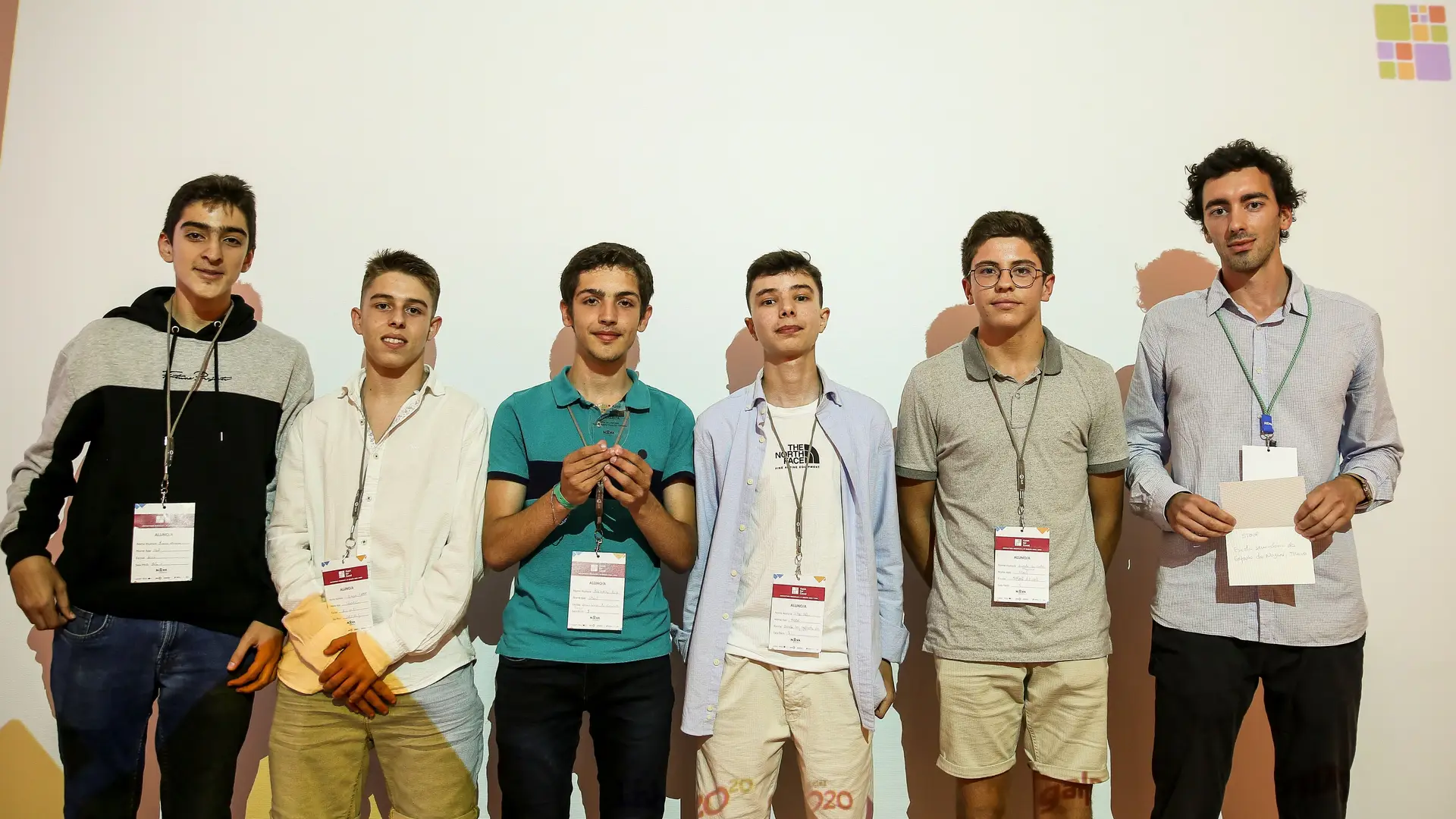Founded in London by Iris Lapinski in 2010, the international Apps for Good programme arrived in Portugal in 2015, in a partnership between the Directorate-General for Education and CDI Portugal, a Non-Governmental Organisation (NGO) operating in the areas of social inclusion and digital innovation. This technological educational programme challenges students from the 5th to 12th grades, in addition to teachers of all subjects, to develop smartphone and tablet applications, illustrating the potential of technology in transforming the world and communities in which they are involved.
“Welfare and Climate Change” are the central topic of this 8th edition, the regional stages of which took place in the first half of July. Galp once again joined the initiative that has already impacted almost 19,000 students and 1400 teachers at 536 schools across the country, providing an innovation team from its open innovation platform, Upcoming Energies, to help participating teams to successfully complete their projects.
The methodology of the project is based on the Sustainable Development Goals (SDGs), whereby students have the opportunity to experience the product development cycle and participate in a national competition, the basic pillars of which are to combine technology and active citizenship, to empower young people for the future, to transform and innovate pedagogical teaching practices and to create schools open to the community with a connection to the real world.
NINE CATEGORIES AND THE CHOICE OF THE PUBLIC
The Nova School of Business and Economics (SBE) in Carcavelos hosted the Central-Southern Regional Meeting of the 8th edition of the Apps for Good competition. More than a hundred students, accompanied by their teachers, presented their pitches to the competing projects and the jury, made up of representatives from Nova SBE, CDI Portugal, the Directorate-General for Education, BNP Paribas and Galp. After the presentations, and while the jurors were deliberating, the projects were put on display to allow people to gain a better understanding of their respective ideas and work processes, as well as to enable the exchange of ideas and experiences with other participants.

Students and teachers had the opportunity to exchange ideas and experiences while the jurors were deliberating
At the end of the day, and after several hours of high expectations, the 10 finalists from the Central-Southern region were finally announced, including the highest-voted project from the Autonomous Region of Madeira, with remote participation via Zoom. The finalist 'trophy' was presented by each of the members of the jury, and the team from Alcains Primary and Secondary School, in Castelo Branco, also received the Public Award, voted for by all the participants.
Now that the 22 national finalists have been selected, the next stage, in September, will provide another opportunity for the presentation of all the projects, a final pitch that will reveal the work that best meets the requirements of the Apps for Good Programme.











